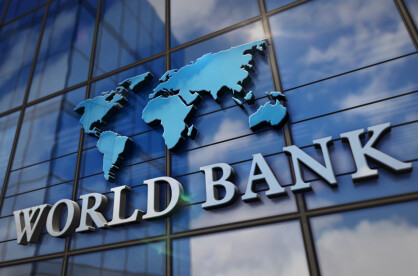One of the policy changes that the Trump administration announced during the early days of being elected is now coming into effect as America shifts from a traditional free trade policy to imposing increased import duties on trading partners that tax American imports. Although the newly elected Trump administration vowed that these changes to the trade policy were being brought about in order to ensure fairness in international trade, it appears that things may have taken a turn for the worse as the new tariff policy officially comes into effect.
The change took place on the 5th of April 2025, with the initial 10 percent baseline taking effect at the United States seaports, airports and customs warehouses. Although things are already looking bleak with the 10 percent baseline tariffs taking place, this is just the start of the trade wars as the Trump administration is also planning on imposing the higher ‘reciprocal tariff’ rates of 11 percent to 50 percent effective April 9, 2025. With these reciprocal tariffs coming into place, European Union imports will see a 20 percent tariff being implemented, while Chinese goods will see a 34 percent tariff being imposed.
Although the negative implications of these tariffs have been voiced out by the general public prior to the tariffs coming into effect, it appears that the Trump administration is headed to kick-start the trade war head-on. While it is still the early days of the changes to the tariff policies, China has already announced its own 34 percent tariff on US products, which is set to come into effect on April 10, 2025. With this, a range of negative effects are expected on households as well as businesses, as the changes are expected to constitute a tax increase of 400-500 billion dollars just this year on American households and businesses. In addition to this, with the tariff increasing the prices of imported goods, the exact negative effect it will have on households, especially low-income households, is yet to be seen. Talking to Al Jazeera, Michael Strain, director of Economic Policy Studies at the American Enterprise Institute, stated that these changes alone are likely to risk a recession in the US.






